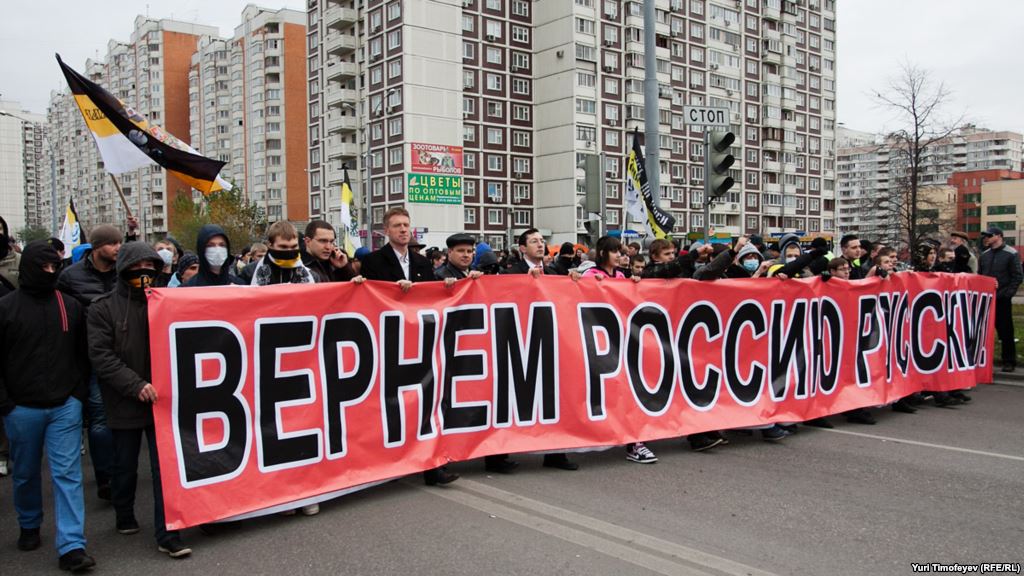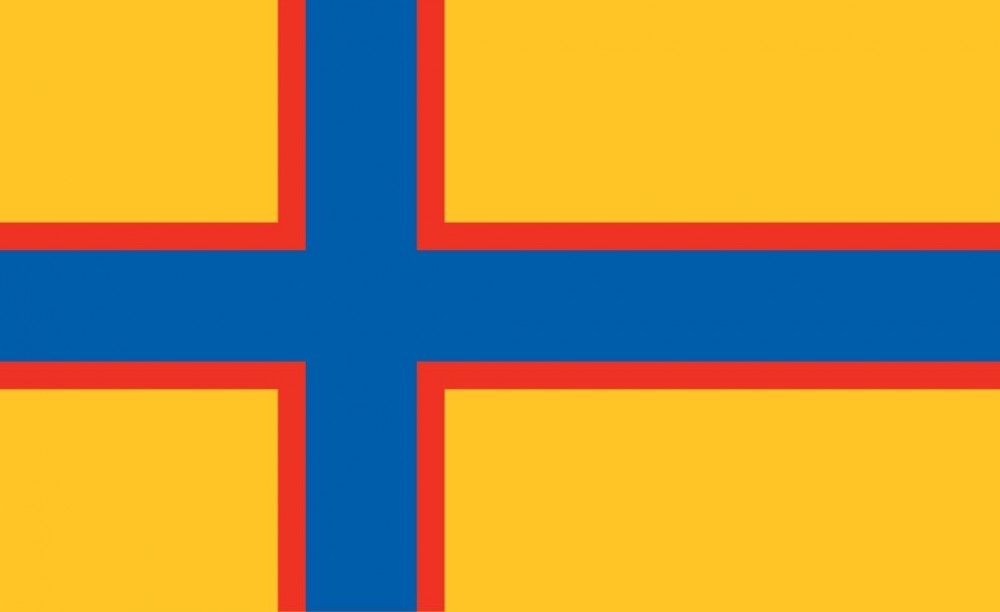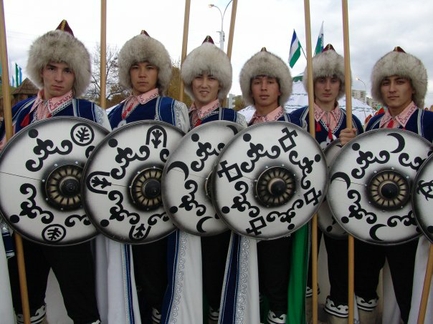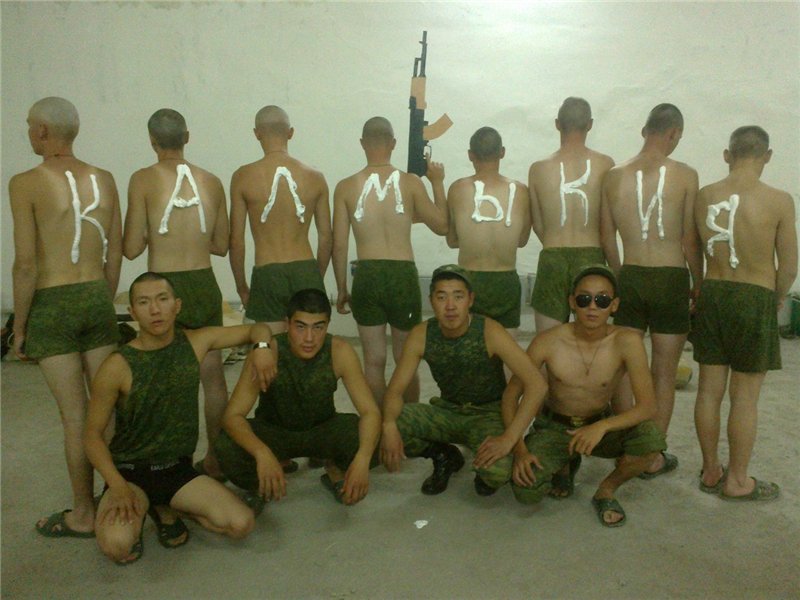Valery Korovin, a member of the Izborsky Club, has asked Russia’s Civic Chamber of which he is also a member to press for amending the Russian Federation Constitution to include a declaration that the Russian nation is the unique “state-forming people” in the country.
He argues that “the legal enshrinement of this status would be an important step toward bringing the model of inter-ethnic relations into line with one corresponding to its centuries-long experience rather than one which corresponds to the ideological stereotypes of the 1990s.”
And he suggests that such a step will undercut the appeals of what he calls “’national marginals,’” who organize “’Russian marches’” and promote the notion of “’an ethnic Russian republic’” because they feel that the state in which they are the predominant ethnic group does not recognize its importance.
It is unclear whether the Civic Chamber will support Korovin’s call, but even his appeal for such backing is likely to destabilize ethnic relations in the Russian Federation. Last week, the Supreme Court of the Republic of Sakha defined the Sakha people in much the same way that Korovin wants the Russian Constitution to do for Russians in the country as a whole.
That decision [for a discussion, see “Sakha Constitutional Court in Russia rules ‘all the territory of Yakutia is the historical motherland of the Yakut people‘“] has infuriated many Russian nationalists, but its most important consequence, especially given Korovin’s words, is likely to be that other non-Russian republics will take similar steps in the near future.
Most Soviet and Russian leaders have recognized the wisdom articulated most clearly 60 years ago in émigré historian I.A. Kurganov’s classic work, “The Nations of the USSR and the Russian Question,” that the gravest danger to the country is not non-Russian activism on its own but the kind of assertive Russian nationalism that will alienate all the others.
Consequently, the Kremlin leader may be inclined to go along with what Korovin is calling for precisely because the Izborsky Club activist has suggested it will solve one of the Kremlin’s immediate problems, excessive activism by Russian nationalists that the regime has difficulty controlling.
But if Putin does so, he will be putting his country at risk over a slightly longer period, something that cooler heads in Moscow are likely to point out. Whether he will listen to their advice or continue to function in his alternative reality, of course, very much remains an open question.
Related:
- Sakha Constitutional Court in Russia rules ‘all the territory of Yakutia is the historical motherland of the Yakut people’
- Russian activist files constitutional complaint over Crimean annexation
- What the real Putin Constitution looks like
- Kremlin’s double standards on language issues in post-Soviet space continued
- Statistical method reveals voting fraud of Russia’s pro-Putin party
- Russians in 1990s sought freedom not democracy and now risk having neither, Tsipko says
- Putin’s new political technologies keep his antiquated system in place, Shevtsova says








